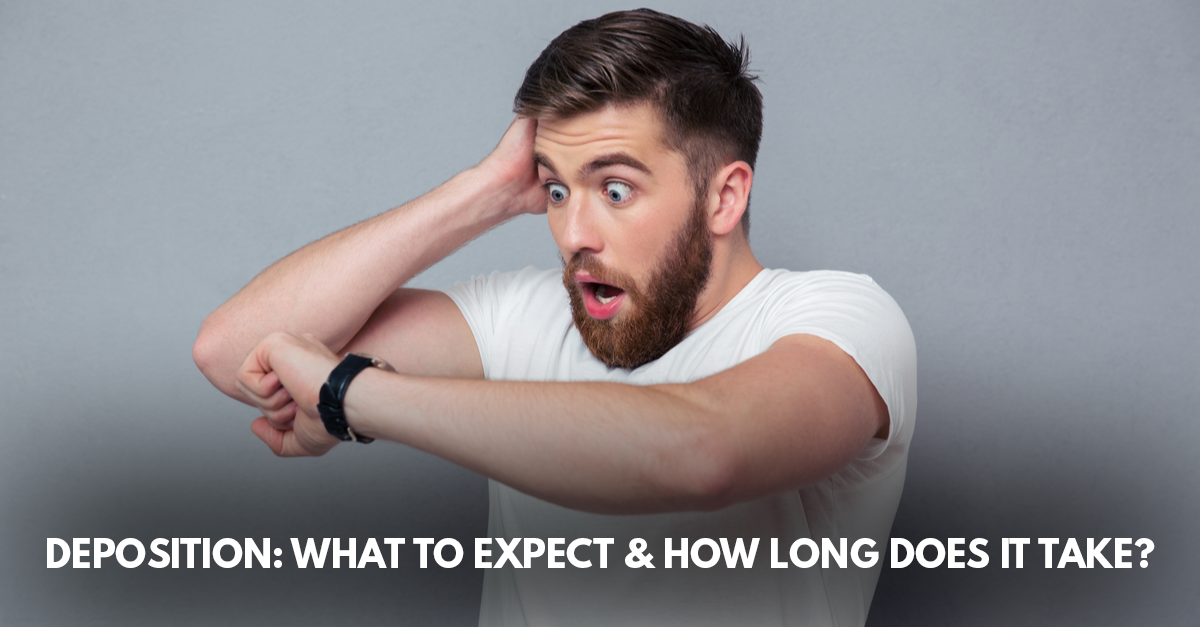
You’ve been involved in a trust and estate litigation for a few months now, and you’ve just learned that you are going to have your deposition taken. You ask your lawyer what to expect? What your lawyer will typically tell you is that you are going to go to a room where another lawyer is going to be taking your deposition. It’s going to be the opposing lawyer, so he or she is not your friend. The opposing lawyer is there to get bad facts against you, if possible. The opposing lawyer is not there to be your friend, even though he or she may sound friendly. The opposing lawyer is trying to strengthen the other side’s case based on your testimony. You’re going to sit in a chair across the table from the opposing lawyer and answer questions all day long.
There will be a person to your right or your left, who we call a court reporter. The court reporter is going to type down everything that is said. All the questions that the opposing lawyer asks you and all of your answers are all going to be recorded. Your lawyer will also be present at the deposition. Your lawyer is there to protect you against inappropriate questions or improper behavior of the opposing lawyer.
While this rarely happens, you want to have a lawyer there to make sure that it’s a fair game and that objections can be put on the record so that if your case goes to trial, a court can look at the question that the opposing lawyer asked and your lawyer’s objection and decide whether it’s a question that was appropriate. If it was not an appropriate question, the judge won’t consider it at trial. Your lawyer is there to help you, to protect you and make sure that the other lawyer is not being inappropriate in their behavior or their questions.
After the deposition, all your testimony is going to be put into a big thick book. It’s going to be sent to you. You’re going to have thirty days or so to review it. You’ll sign it under penalty of perjury and your deposition will be completed.
